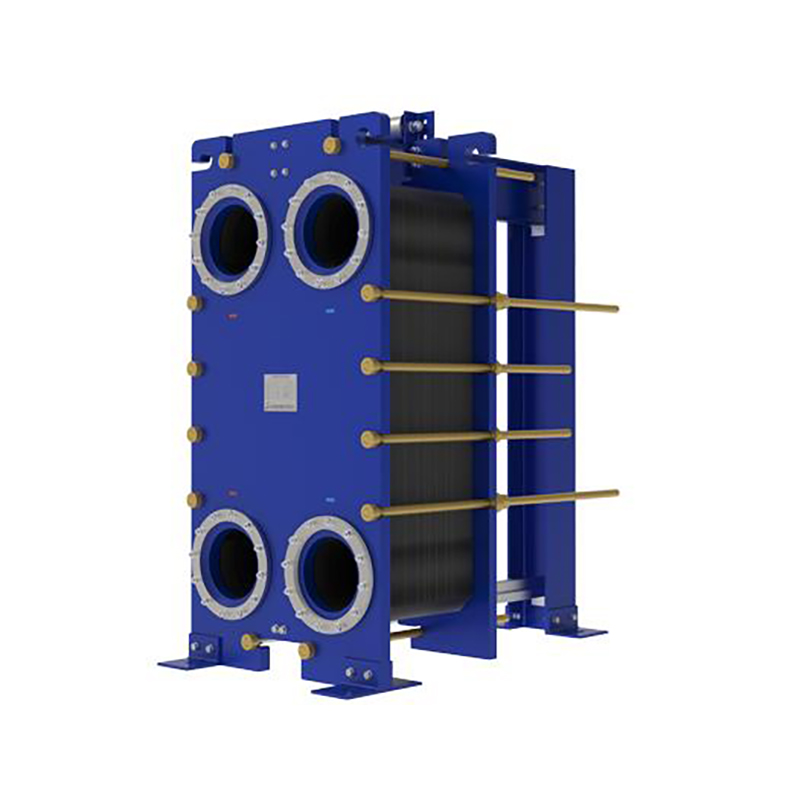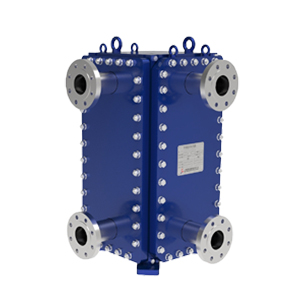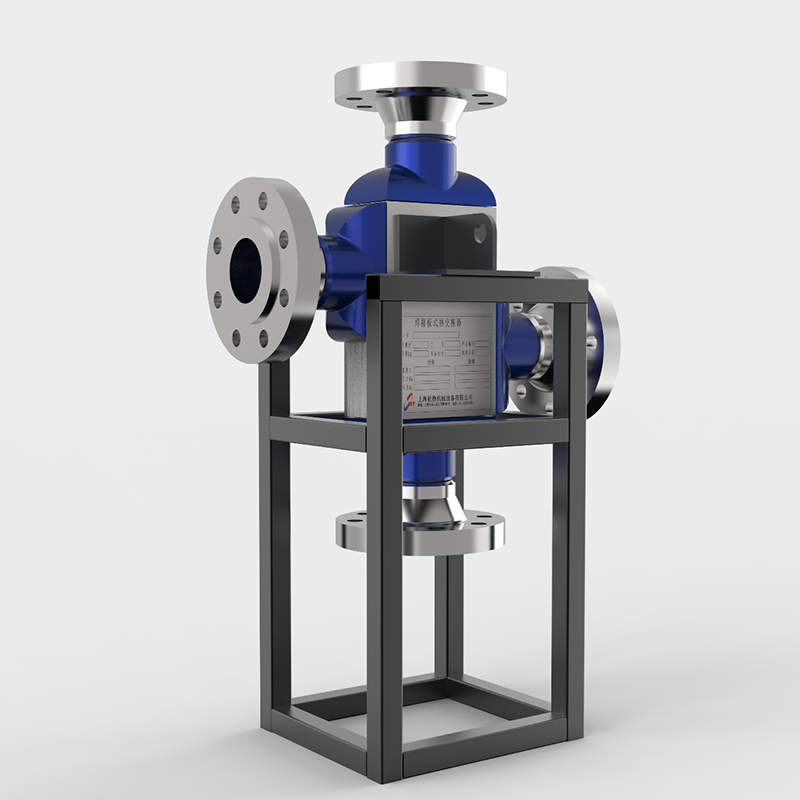5 key roles of plate heat exchanger gaskets.
Plate heat exchanger gaskets perform 5 key roles: ...
More
The principle of a diesel heater heat exchanger revolves around transferring thermal energy from combustion gases to a fluid (typically air or water) without direct contact. This process ensures efficient heat distribution while maintaining safety and fuel economy. Diesel heaters burn fuel in a combustion chamber, generating hot exhaust gases. These gases pass through a heat exchanger, where their thermal energy is absorbed by metal fins or tubes. The heated fluid is then circulated to warm spaces or water systems. Modern designs incorporate advanced materials like stainless steel or aluminum to maximize heat transfer and durability.
Diesel heater heat exchangers are engineered for optimal thermal efficiency, often achieving over 85% energy conversion rates. Their compact design allows integration into vehicles, workshops, and homes. By leveraging convection and radiation, they deliver consistent heat output while minimizing fuel consumption. Innovations like dual-stage combustion and programmable thermostats further enhance performance. Regulatory standards (e.g., EPA and CE certifications) ensure emissions compliance, making them eco-friendly. Real-world applications include off-grid heating, marine use, and construction sites, where reliability is critical.
Diesel heater heat exchangers offer unmatched versatility and cost-effectiveness for heating solutions. They outperform electric heaters in remote locations due to lower dependency on grid power. Data shows diesel models reduce operational costs by 30-50% compared to propane alternatives, with longer lifespans (averaging 10-15 years). Their robust construction resists corrosion and extreme temperatures (-30°C to 50°C), ideal for harsh environments. Users report faster heating cycles (under 10 minutes to reach 60°C) and quieter operation (<50 dB). Additionally, diesel's higher energy density (45.5 MJ/kg vs. propane's 25.3 MJ/kg) ensures prolonged runtime per fuel unit. Industries favor them for scalability, with outputs ranging from 2 kW to 50 kW, suiting small cabins to large warehouses.
Environmental benefits include reduced particulate emissions with ultra-low sulfur diesel (ULSD), meeting Euro 6 and Tier 4 standards. Case studies highlight 40% lower CO₂ emissions versus kerosene heaters. Maintenance is simplified with self-diagnostic systems and accessible components. Global market trends indicate a 12% annual growth in diesel heater adoption, driven by rising energy costs and demand for off-grid solutions. Tested in Arctic expeditions and disaster relief, these systems prove indispensable for reliable, efficient heating.
Select the most popular foreign trade service products to meet your diverse needs
Learn more about the dynamics and professional knowledge of the foreign trade industry

Plate heat exchanger gaskets perform 5 key roles: ...
More
A gasket in heat exchanger seals surfaces, blocks ...
MoreAPI 662 defines standards for plate heat exchanger...
More
You can see clear differences between welded block...
More
Ignoring a fouled heat exchanger causes high energ...
More
A heat exchanger's main parts include the heat tra...
MoreSelect the most popular foreign trade service products to meet your diverse needs
Explore more content related to foreign trade services

User Comments
Service Experience Sharing from Real Customers
John Smith
Mechanical EngineerThe diesel heater heat exchanger is incredibly efficient and durable. It has significantly improved our heating system's performance in cold environments.
Emily Johnson
HVAC TechnicianGreat product! The heat exchanger works flawlessly with our diesel heater setup. Installation was straightforward, and it delivers consistent heat output.
Michael Brown
Facility ManagerThis diesel heater heat exchanger has been a game-changer for our warehouse. It's energy-efficient and requires minimal maintenance. Highly recommend!
Sarah Davis
Marine EngineerPerfect for marine applications! The heat exchanger handles harsh conditions well and integrates seamlessly with our diesel heating system on board.